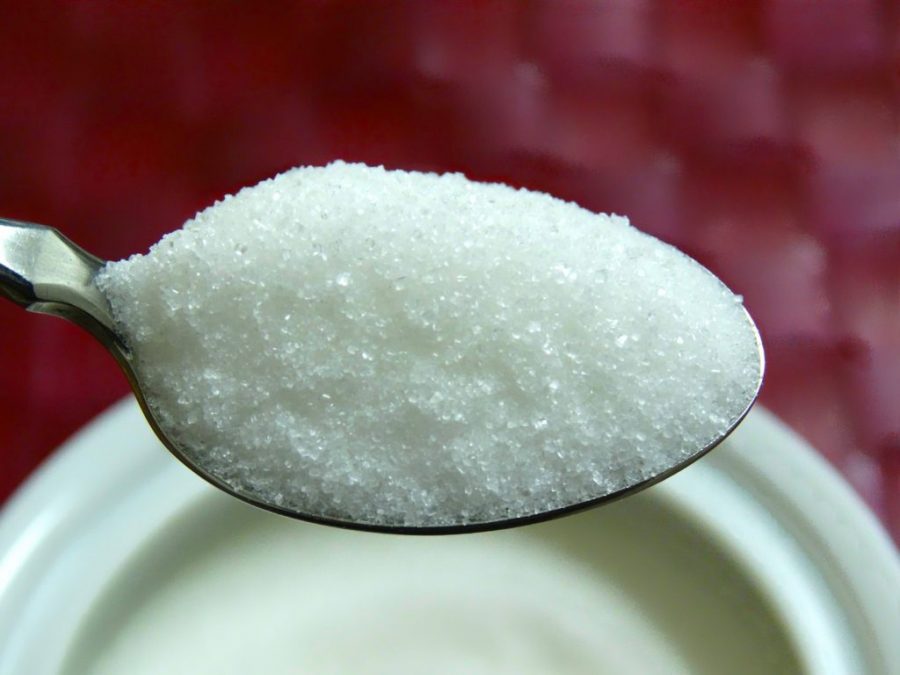Corruption. Bribery. Deception. These words are normally reserved for John Grisham novels or summer blockbusters, but in September they described something very different: scientific research conducted at Harvard. According to an article recently published in JAMA Internal Medicine, in the 1960s the sugar industry paid researchers off in an effort to settle an ongoing debate about whether sugar or fat was the primary risk factor for heart disease.
The fudged findings went on to shape the federal dietary guidelines for decades, leading millions of Americans to replace demonized fatty foods with seemingly harmless sugary ones. Only in the last few years, in the grips of the national obesity epidemic, have scientists started to question these guidelines. As a result, they have discovered that sugar is not the innocuous, empty calorie food described in the Harvard study. They have also discovered that the sugar industry likely knew this all along.
The JAMA Internal Medicine paper draws from a wealth of documents unearthed by a post-doc fellow at University of California, San Francisco that include extensive correspondence between executives at the Sugar Research Foundation, a trade group now known as the Sugar Association, and the Harvard scientists they recruited. There were three: D. Mark Hegsted, who would go on to become the head of nutrition at the United States Department of Agriculture and as such help draft the federal dietary guidelines; Fredrick Stare, then-chairman of the nutrition department at Harvard; and Robert McGandy.
The executives hand-selected a group of research papers from which the scientists were instructed to craft a review. The Harvard team was paid $6,500 — or about $49,000 by today’s standards — and clearly understood their task. “We are well aware of your particular interest and will cover this as well as we can,” wrote Hegsted.
The sugar executives were allowed to review drafts along the way, ultimately giving the project their stamp of approval. The resulting data was published in the prestigious New England Journal of Medicine and, as already mentioned, was hugely influential in shaping policies that many experts now claim only exacerbated the obesity epidemic.
The Sugar Association has half-heartedly defended its actions, pointing to less stringent rules regarding disclosure of funding sources by researchers in that era. However, a host of other experts have unilaterally condemned their role. “I think it’s appalling,” wrote Marion Nestle, professor of nutrition, food studies and public health at New York University in an editorial that accompanied the paper.
There are two important takeaways from this shocking story. First, data should never be taken at face value in any field, regardless of the institution where the research is conducted or the prestige of the journal that publishes it. Fact checking is as important in the biomedical arena as it is in politics, or anywhere else for that matter.
Second, the public at large should educate themselves about the relative health risks of fats and simple carbohydrates. Saturated fat is unhealthy and should be avoided, but other forms of fat can be very beneficial and can actually lower the risk of heart disease. Added sugar, on the other hand, has been linked to tooth decay, obesity and, yes, atherosclerotic heart disease. If anything ought to be demonized, it is sugar.


